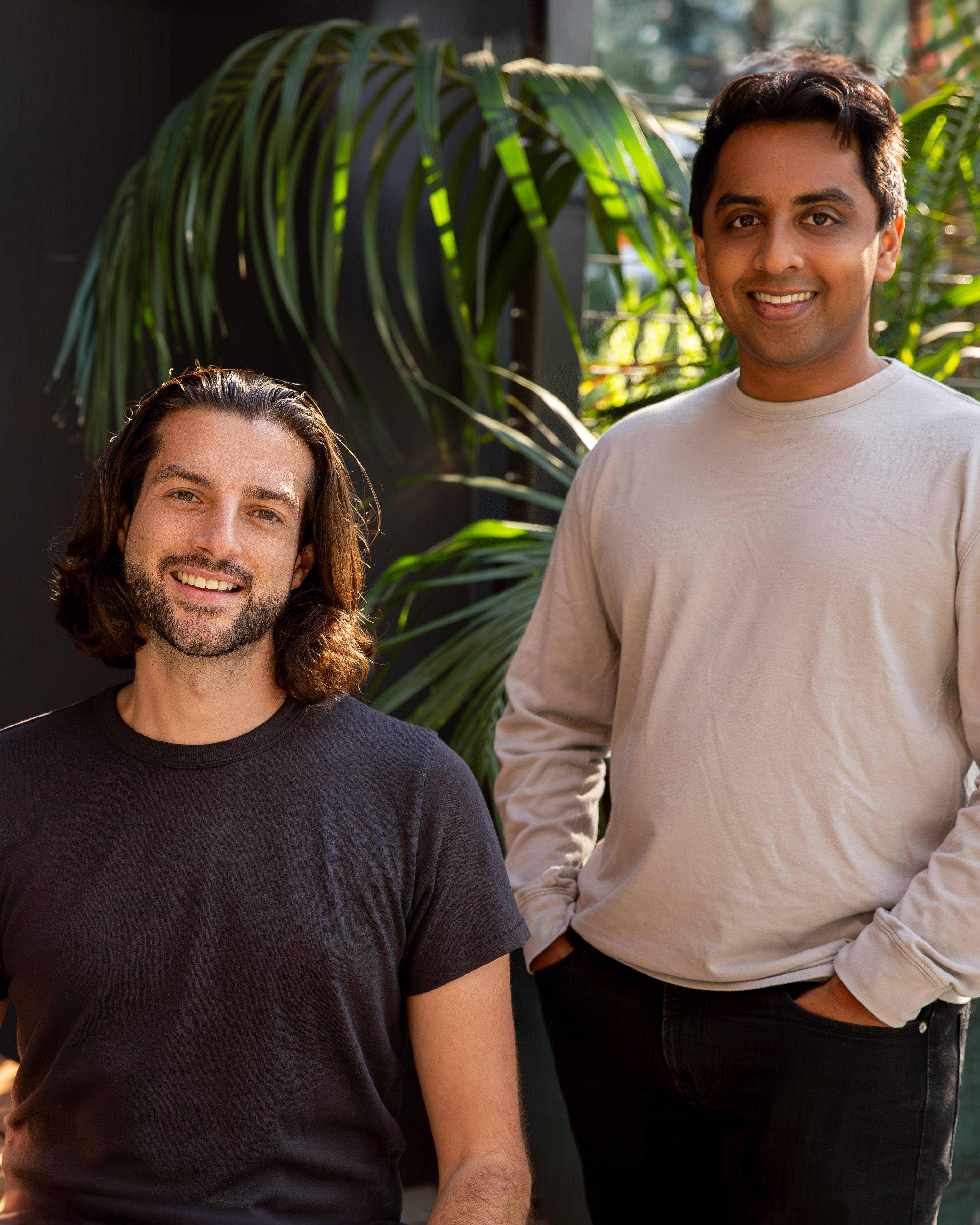Excellent hardware requires an excellent software stack. Few parts of that stack more clearly illustrate this point than telemetry, which essentially refers to the collection of real-time, critical data on machine performance.
A weak telemetry system can spell catastrophe for hardware projects, so many companies rely on expensive, complicated solutions, like knitting together multiple open-source telemetry tools that are built and maintained by a few on-staff engineers.
Sift, a new startup founded by two ex-SpaceX engineers, wants to change that with an end-to-end telemetry stack that makes “sifting” through machine data simpler, cheaper and more effective.
The Los Angeles-based startup was founded by Austin Spiegel and Karthik Gollapudi in the middle of 2022. The two realized that much of what underlies SpaceX’s success in hardware development is its incredible internal software tools, including telemetry.
“What is a secret sauce of SpaceX that a lot of people don’t see because it’s not public, is all of that software,” Spiegel said in a recent interview.
The two founders should know. Spiegel worked at SpaceX for nearly five years (not counting an internship), where he worked on internal tools, including manufacturing systems, test automation systems and the telemetry system for Starlink; Gollapudi, who was at SpaceX for four years, led the flight software operations team for the Dragon spacecraft. (The day Gollapudi signed the launch readiness review paper for a Dragon mission, he informed his manager that he was leaving to start Sift.)
The two started thinking about issues with telemetry as far back as 2019, when they witnessed the failure of Boeing’s Starliner OFT-1 demo mission. “When I saw that, I was assuming it was some sort of hardware failure,” Gollapudi said. “If you read the Boeing press release about why the OFT-1 mission failed, they said [something like], ‘Due to poor software testing and poor software development practices, we had these cascading series of software failures.’ It was crazy because it was all software, and that was a bit of a mind-blowing moment for me.”
“I realized that most people don’t build hardware the way SpaceX does,” he added.

Sift founders Austin Spiegel and Karthik Gollapudi. Image Credits: Sift
Sift’s solution has found resonance with investors, with Sift recently closing $7.5 million in funding to scale its product. The capital comes from leading hardware investor Riot Ventures, enterprise SaaS investor Fika Ventures and participation from First Resonance, Datum and Duro. The team received their first check from Earthrise Ventures, a fund started by ex-SpaceXer Scott Norman.
Sift’s telemetry stack has three pillars: storage, real-time analytics and visualization. All offer key capabilities to accelerate hardware development, the two founders said. For example, engineers can time-align sensor data around the same event — like comparing sensor data from rocket engine tests specifically around engine startup.
“That’s why we’re building all this very high-powered infrastructure so that you can run these types of longitudinal queries back in time that says, hey, what does this engine look like the last 100 times, or 1,000 times I fired it? How does it compare to right now?” Gollapudi said.
Sift’s stack also encodes all the logic and rules relating to machine behavior so when the machine is out in the field, the system only pulls in an operator when things are critically misfiring. This, Gollapudi said, is a paradigm shift: Instead of collecting data and manually monitoring it, Sift integrates that institutional knowledge about machine behavior and encodes it from the beginning. Sift’s system also leverages object storage, a very cheap way to store data in the cloud, making the product more cost-effective for smaller customers.
The company, which currently stands at 10 engineers, is looking to double over the next 12 months. Sift’s system is already used by paying customers spanning industries, including autonomous electric train company Parallel Systems, another startup founded by a team of ex-SpaceXers.
